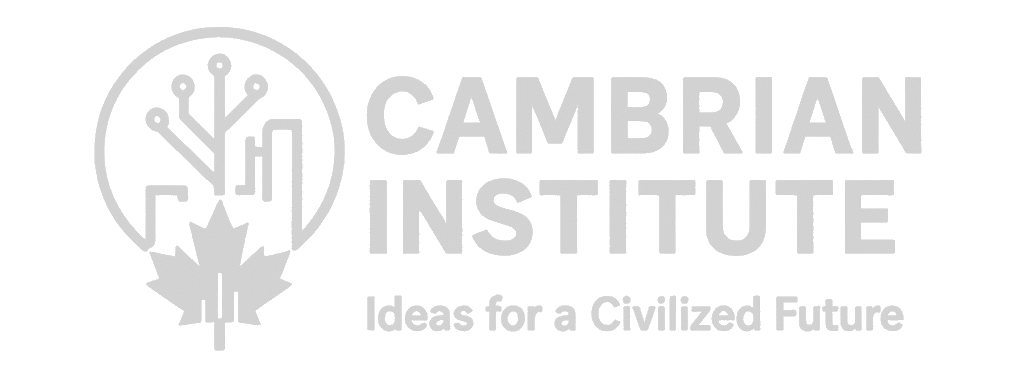In an age of endless scrolling and algorithmic feeds, the line between entertainment and news has not merely blurred – it has been deliberately erased. What once occupied separate domains of culture now shares the same platforms, the same aesthetics, and increasingly, the same purposes. But the consequences of this collapse are far from harmless. When entertainment masquerades as news, and when misinformation is precision-targeted at the most vulnerable, democracy itself is imperiled.
The media ecosystem has been transformed by economic incentives that reward attention above all else. Outrage, spectacle, and emotional provocation drive clicks and engagement – commodities in the digital marketplace. This has given rise to a style of reporting, especially prevalent on cable news and social media, that prioritizes performative argument over factual analysis. News becomes a theater of conflict, not a forum for understanding. Complex issues are reduced to soundbites, and facts become optional props in a larger narrative.
Nowhere is this more dangerous than in the way misinformation exploits the weaknesses of this system. Social media platforms, designed to optimize engagement, have become conduits for falsehoods that travel faster and farther than verified information. Vulnerable populations – whether due to age, language barriers, digital illiteracy, or social isolation – are often the most susceptible. These groups are not simply passive recipients of misinformation. They are actively targeted by political operatives, foreign agents, and grifters who understand how to weaponize content for ideological or financial gain.
The consequences are tangible. Public health efforts have been undermined by conspiracy theories about vaccines. Elections have been distorted by disinformation campaigns designed to suppress turnout or delegitimize results. Immigrant communities are bombarded with fear-based narratives in their own languages, bypassing fact-checking ecosystems entirely. Seniors, who rely heavily on platforms like Facebook for connection, are frequently exposed to manipulated videos and fabricated stories presented in the style of traditional news.
Part of the problem lies in the erosion of local journalism, which has historically served as a bulwark against nationalized propaganda. As newspapers shutter and reporters are laid off, news deserts grow – leaving communities vulnerable to misinformation filling the vacuum. At the same time, trust in institutions continues to decline, creating a feedback loop in which people turn to voices that affirm their beliefs rather than challenge them.
Addressing this crisis requires more than content moderation or fact-checking, though both have roles to play. It requires rebuilding a media culture rooted in civic responsibility rather than entertainment metrics. It means investing in media literacy from an early age, supporting independent journalism, and regulating platforms that profit from the spread of lies.
The public has a right to be entertained. But it also has a right to the truth. When entertainment disguises itself as news, and when the vulnerable are targeted by those who distort reality for profit, the fabric of shared reality begins to fray. And without a shared reality, democratic society cannot function.
